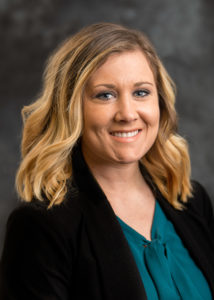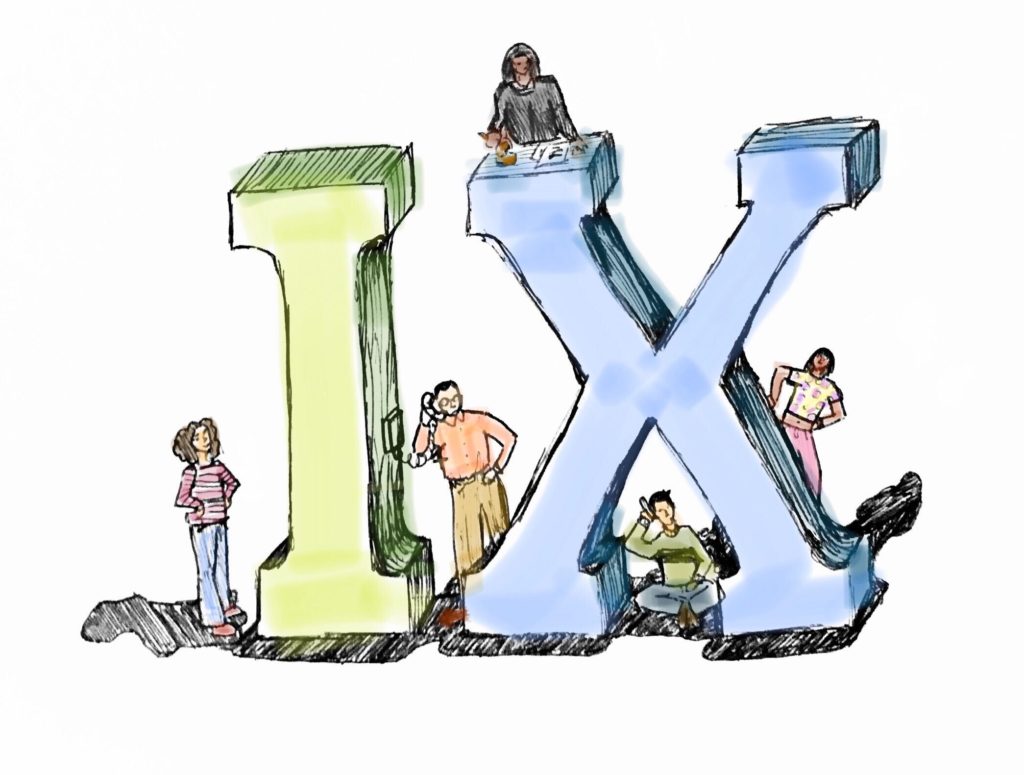New Title IX regulations from the U.S. Department of Education went into effect last week for schools across the country. Despite the changes, which Secretary of Education Betsy DeVos claims will “balance the scales of justice” in sexual assault and harassment cases, Grinnell College’s process for Title IX will remain relatively consistent with procedures under previous guidelines.
“I think they sound more scary than they are,” said Title IX coordinator Bailey Asberry of the new regulations. “A large section of the regulatory changes were about due process, and I think that if you were doing this right in the first place that was always an important piece.”
As of publication, the College has not issued a formal announcement of changes to current Title IX policies.
No person in the United States shall, on the basis of sex, be excluded from participation in, be denied the benefits of, or be subjected to discrimination under any education program or activity receiving federal financial assistance. – Title IX of the Education Amendments of 1972
These new rules come as the latest salvo in a decade-long battle over campus sexual assault and harassment regulations dating back to the 2011 Office of Civil Rights “Dear Colleague” letter. In the letter, Obama-administration Assistant Secretary for Civil Rights Russlynn Ali urged schools to aggressively confront the issue of sexual assault and harassment on their campuses. The DeVos regulations reduce schools’ obligation to address cases of sexual misconduct.
A major change for the Title IX process at Grinnell is the requirement of in-person live hearings and cross examination of both parties. Advocates for survivors of sexual assault have said that required live questioning could significantly re-traumatize survivors, opening them up to unnecessary interrogation of their character and testimony.
“That’s the most concerning piece for me,” said Asberry. “How do we put people through an already contentious process and require this live element?”
Although Asberry only sees “a handful” of conduct cases a year with regard to Title IX, she said that equitable representation is her priority in addressing the cross-examination requirement.
“There are times when one party would have an expensive attorney and one party has their friend with them,” said Asberry. “And that feels like a huge power differential, especially if you’re going into a situation where you have to be questioned by that person.”
Grinnell will make a pool of attorneys available for both the complainant and respondent for the live questioning phase at no cost to either party. Both the parties can, however, opt to choose their own representatives.
There are times when one party would have an expensive attorney and one party has their friend with them. And that feels like a huge power differential, especially if you’re going into a situation where you have to be questioned by that person. – Bailey Asberry, Grinnell College Title IX Coordinator.
The cross-examination debate characterizes many of the DeVos changes. The new regulations generally require formalized methods which draw more similarities to legal court proceedings than educational conflict resolution.
Yet some of the regulations allow leeway for institutions such as Grinnell to shape their own processes.
One example is the standard of evidence needed to prove responsibility for sexual misconduct. Previous guidelines encouraged schools to use a “preponderance” standard of evidence, meaning that an investigator must prove only that there is a greater than 50% chance a claim is true. The 2020 regulations will allow for Title IX officials at colleges to use a “clear and convincing” standard of evidence, a higher burden of proof for the complainant.
However, Asberry said that Grinnell will continue to use a preponderance standard as encouraged by previous guidelines.
Another change is a narrower definition of harassment on the basis of sex and gender.
While the Obama Office of Civil Rights pushed schools to address harassment before it became severe or pervasive, now harassment must be “severe, pervasive, and objectively offensive” in order to trigger Title IX proceedings. This change places sex- and gender-based harassment under a more narrow definition than other forms of harassment, such as on the basis of race and ability, which qualify for formal proceedings if they are “severe, pervasive or objectively offensive.”
While this narrower definition cuts off options for complainants through the Title IX office, complainants have the option to process any form of unwanted sexual behavior under the student code of conduct.

“We absolutely still have options there,” said Asberry.
Despite the 2,000-plus pages of federal documents that Asberry has sifted through over the past months, she said that while some process changes will occur, complainants and respondents will be dealing with the same personnel as before.
Grinnell follows a hybrid model for Title IX cases, involving three different parties. The College engages Kansas City law firm Husch Blackwell to help conduct investigations and a retired judge to make recommendations on the case, most recently former Iowa Supreme Court Chief Justice Marsha Ternus. The Dean of Students, currently Ben Newhouse, then decides on the outcome of the complaint.
Most of the time, however, Asberry said that what complainants want are supportive measures: for her to reach out to professors, help them get access to medical testing, facilitate residence hall changes or connect them with counselors. And while DeVos’s changes may have grabbed national headlines, Asberry is looking towards a larger shift in the coming school year: the changes necessitated by COVID-19.
‘I consider my job to be one of those jobs that you really need to do in person to do it well,” said Asberry. “Remote conversations about really sensitive and difficult stuff are just so hard. But we’re doing the best we can.”
If you have questions or concerns to bring to the Title IX office, please contact Bailey Asberry at titleix@grinnell.edu.
This article has been corrected to reflect the fact that the College engages Husch Blackwell to investigate formal Title IX cases, not Bailey Asberry.




























































